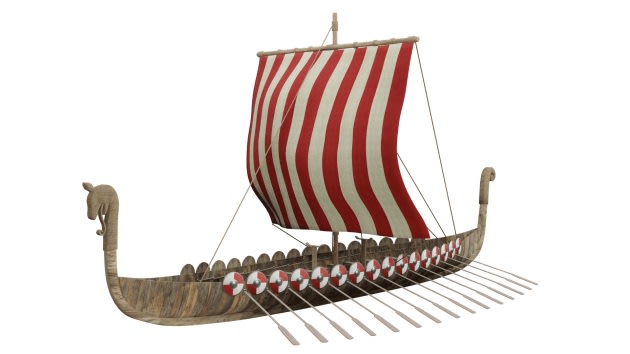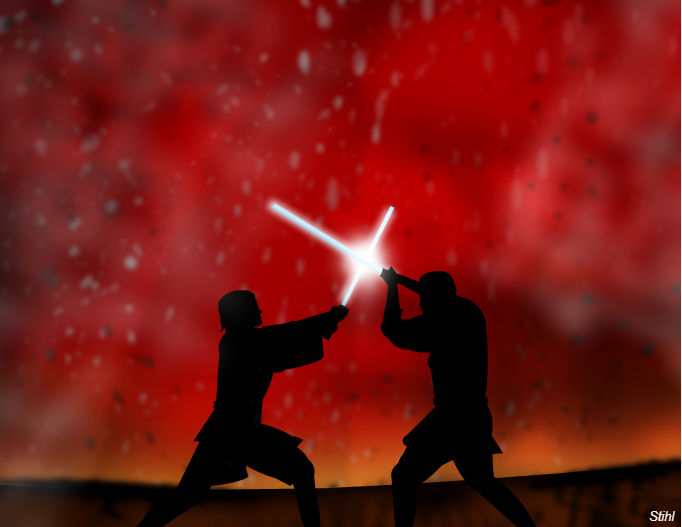A lot happened in the end. In my opinion, it was a terrible ending because, spoiler, Inan died. However, I see she wrote a second book so suddenly this ending seems alright. Anyways, after the group gets captured, it turns out they were diviners who want to help the gang restore magic. Another example of the nostalgic, cliche feel of the story. A comfortable feeling nevertheless. Anyways, their camp gets raided by the kingdom troops and it’s here where you see the types of person everybody is. Inan is distraught with an internal battle. The others end up fighting and he wants to run.

Later on, Amari gets captured individually and Inan doesn’t do anything about it for the longest time. Eventually, he frees her after she’s nearly dead and bleeding out. This shows the pressure of duty vs self coming out. He couldn’t figure out what to do. Similar to individual versus society too! And finally, for the ending. After getting abused and dehumanized by the king, Amari loses all faith in herself and her magic. Amari, who used to be the weak frail girl, steps up and gives courage to Zelie. This was good to see her grow from her mistakes and fear and actually pick up Zelie. In the “Final Battle”, Inan saves his father using his magic.
This is ironic because his father spent his whole life trying to eradicate magic, and his son uses it to save his life. And how does he repay Inan? By ripping his majicite sword right through Inan’s chest. The whole situation is ironic which demonstrates the previously discussed themes. Amari is the one that drives her blade through her father’s chest and kills him. This shows Amari’s newfound courage. Another possible theme. Come to think of it, I like how it all ties together now.








